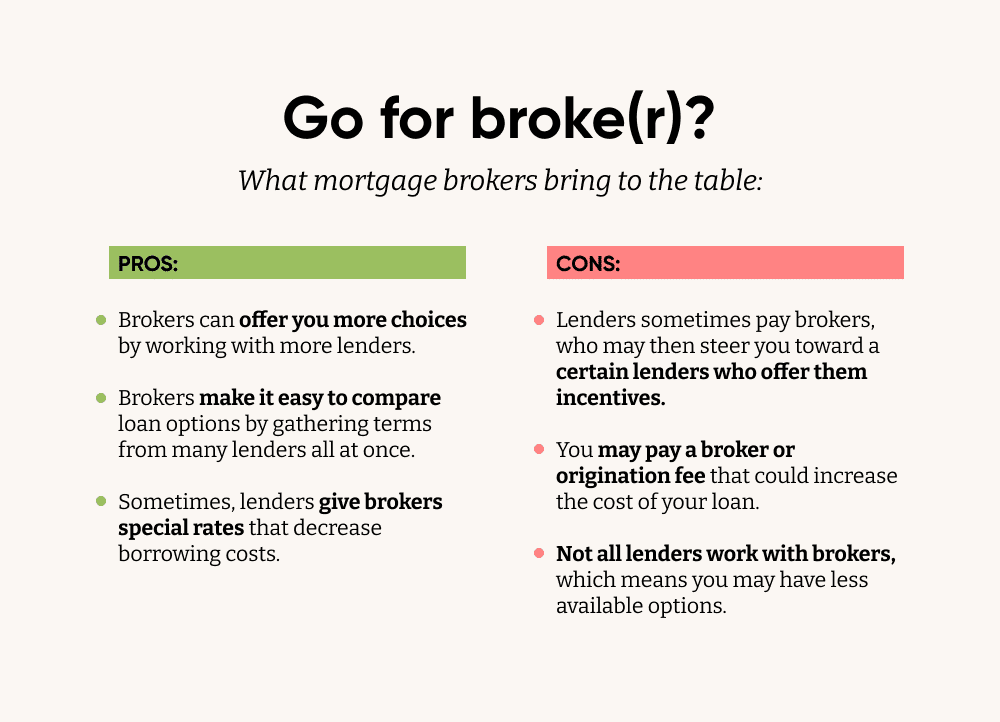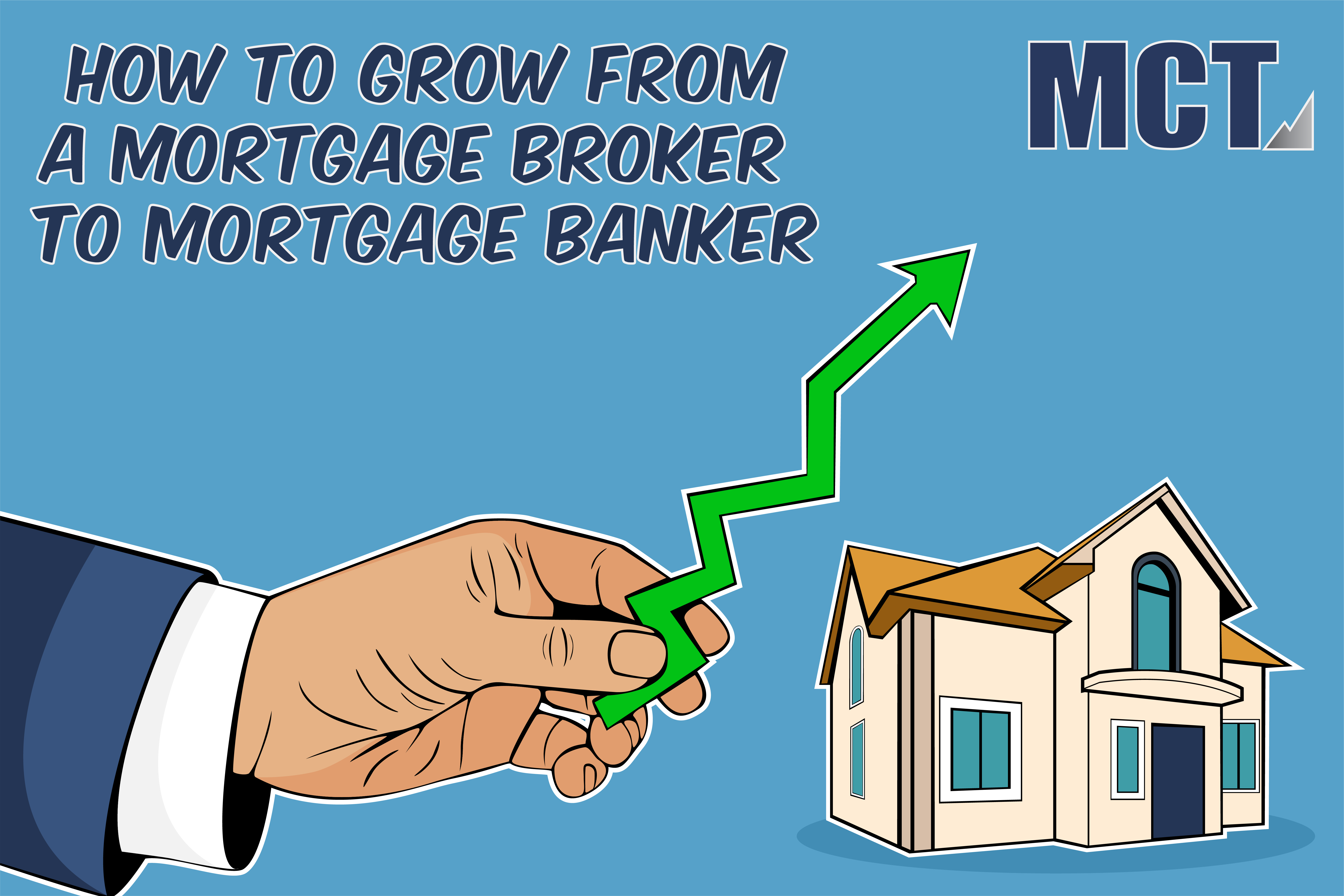Jumbo Loan Limits: How Much Can You Borrow for a High-End Home?
Jumbo Loan Limits: How Much Can You Borrow for a High-End Home?
Blog Article
Recognizing What a Jumbo Loan Entails and How It Varies From Standard Finances
Navigating the details of jumbo lendings discloses a financing choice tailored for those venturing into high-value actual estate, usually going beyond the limits established by the Federal Real Estate Finance Agency. The substantial threat associated with big fundings demands much more rigid qualification demands, consisting of higher credit history ratings and considerable down settlements.
Meaning of Jumbo Car Loans
Jumbo financings are a type of home loan that surpass the adjusting lending limitations set by the Federal Real Estate Money Agency (FHFA) These car loans satisfy consumers that need to finance buildings that are a lot more expensive than what conventional funding restrictions permit. The FHFA develops yearly adjusting financing limitations, and any kind of loan surpassing these thresholds is classified as a big loan.
Typically, big loans are made use of in high-cost realty markets where home costs considerably exceed nationwide standards, such as in urbane locations or deluxe housing sectors. As these loans are not qualified for purchase by Fannie Mae or Freddie Mac, they carry integral dangers for lenders as a result of their bigger dimension and non-conformity (jumbo loan). Consequently, lending institutions commonly impose extra rigid qualification standards for jumbo loans than standard adapting car loans.
Consumers seeking big lendings have to generally show a solid financial account, consisting of a higher credit report, durable income verification, and significant down payment, commonly 20% or even more. Additionally, loan providers might call for much more substantial documentation to examine the customer's capability to manage bigger monthly payments. Comprehending the details attributes of big lendings is critical for possible debtors navigating this sector of the mortgage market.
Conventional Fundings Review
While big lendings provide to high-value residential property financing, standard lendings represent the more common mortgage option in the housing market. These car loans are not insured or guaranteed by any government entity, such as the Federal Real Estate Administration (FHA) or the Department of Veterans Affairs (VA) Instead, they are backed by exclusive lending institutions and abide by standards established by government-sponsored business (GSEs) like Fannie Mae and Freddie Mac.
Traditional loans are usually provided with repaired or adjustable interest prices and differ in terms of duration, generally extending 15 to thirty years. Debtors typically choose conventional loans for their foreseeable regular monthly payments, which can facilitate lasting financial preparation. Furthermore, they are available for key homes, second homes, and financial investment buildings, using flexibility to fulfill varied debtor needs.

Key Differences Between Loans
Comprehending the subtleties in between various kinds of loans is important for potential property buyers browsing the intricate home mortgage landscape. At the leading edge of this decision-making procedure are traditional fundings and big fundings, each having unique attributes and serving different consumer needs. The primary distinction relaxes in the loan quantity. Big financings go beyond the adapting loan limits set by the Federal Real Estate Money Firm (FHFA), which vary by region. On the other hand, standard financings stick to these limits and are commonly see page acquired by government-sponsored entities like Fannie Mae and Freddie Mac.

In addition, the down settlement needs can vary substantially. Jumbo lendings generally call for bigger down payments, sometimes exceeding 20%, to mitigate risk. Conventional lendings, conversely, may allow for reduced down settlements, with some programs accepting as low as 3% for competent buyers.
Qualification Needs
Safeguarding a big financing entails satisfying much more strict qualification needs contrasted to traditional fundings, showing the increased threat to lending institutions. These finances, which surpass the conforming lending restrictions established by the Federal Housing Money Firm (FHFA), are not qualified for purchase by Freddie Mac or Fannie Mae, thus exposing lending institutions to higher financial threat - jumbo loan. Consequently, borrowers need to demonstrate a high credit reliability and monetary stability
A durable credit history, generally 700 or greater, is important for approval. Lenders likewise anticipate a lower debt-to-income (DTI) proportion, typically not exceeding 43%, guaranteeing that borrowers can handle substantial regular monthly payments together with various browse around these guys other financial commitments. Furthermore, a substantial cash book is usually required, frequently amounting to 6 months of home loan payments, to guarantee lending institutions of the customer's economic resilience.
Down settlement assumptions are additionally raised, often beginning at 20% or more of the building's worth. While this is a secure for lending institutions, it requires significant in advance capital from borrowers.
Choosing the Right Finance
When picking the most appropriate funding alternative,Browsing the complexity of big financings needs careful factor to consider. With the wider variety of options readily available to those seeking big finances, the decision-making process needs to include an extensive evaluation of one's monetary account and long-lasting goals. Unlike traditional car loans, big finances frequently feature stricter demands and differed rate of interest, which demand complete research and a clear understanding of one's economic standing.
When choosing in between various jumbo loan offerings, it is critical to assess the funding terms, including interest rates, settlement schedules, and connected costs. Customers need to compare the rates given by different loan providers to guarantee they protect one of the most beneficial terms. In addition, understanding the ramifications of dealt with versus adjustable-rate mortgages (ARMs) is vital, as each alternative presents unique advantages and threats relying on market conditions and individual economic strategies.
Engaging with a monetary consultant or home mortgage broker can provide important insights tailored to private scenarios. These specialists can aid in navigating the subtleties of big loans, guaranteeing that debtors are knowledgeable and furnished to pick a loan that aligns with their financial objectives, ultimately helping with a smoother home-buying process.
Final Thought
In recap, big lendings act as a financial instrument for getting high-value homes, requiring strict eligibility requirements and greater passion prices because of the elevated threat for lending institutions. Unlike standard finances, which satisfy FHFA limitations and may receive support from Fannie Mae or Freddie Mac, big fundings need a minimum credit rating of 700 and substantial down payments. Recognizing these differences is important for customers in high-cost property markets to establish the most suitable loan choice for their needs.
The FHFA develops annual conforming loan limitations, and any lending going beyond these thresholds is identified as a big funding.
At the forefront of this decision-making procedure are standard fundings and jumbo financings, each having distinct features and serving various borrower requirements.Securing a jumbo loan includes fulfilling much more look at this web-site rigorous certification needs compared to traditional lendings, showing the raised risk to loan providers. Unlike standard car loans, big loans typically come with more stringent requirements and varied interest rates, which necessitate thorough research and a clear understanding of one's economic standing.
Unlike standard loans, which conform to FHFA limits and may get support from Fannie Mae or Freddie Mac, big financings require a minimum credit score of 700 and considerable down repayments.
Report this page